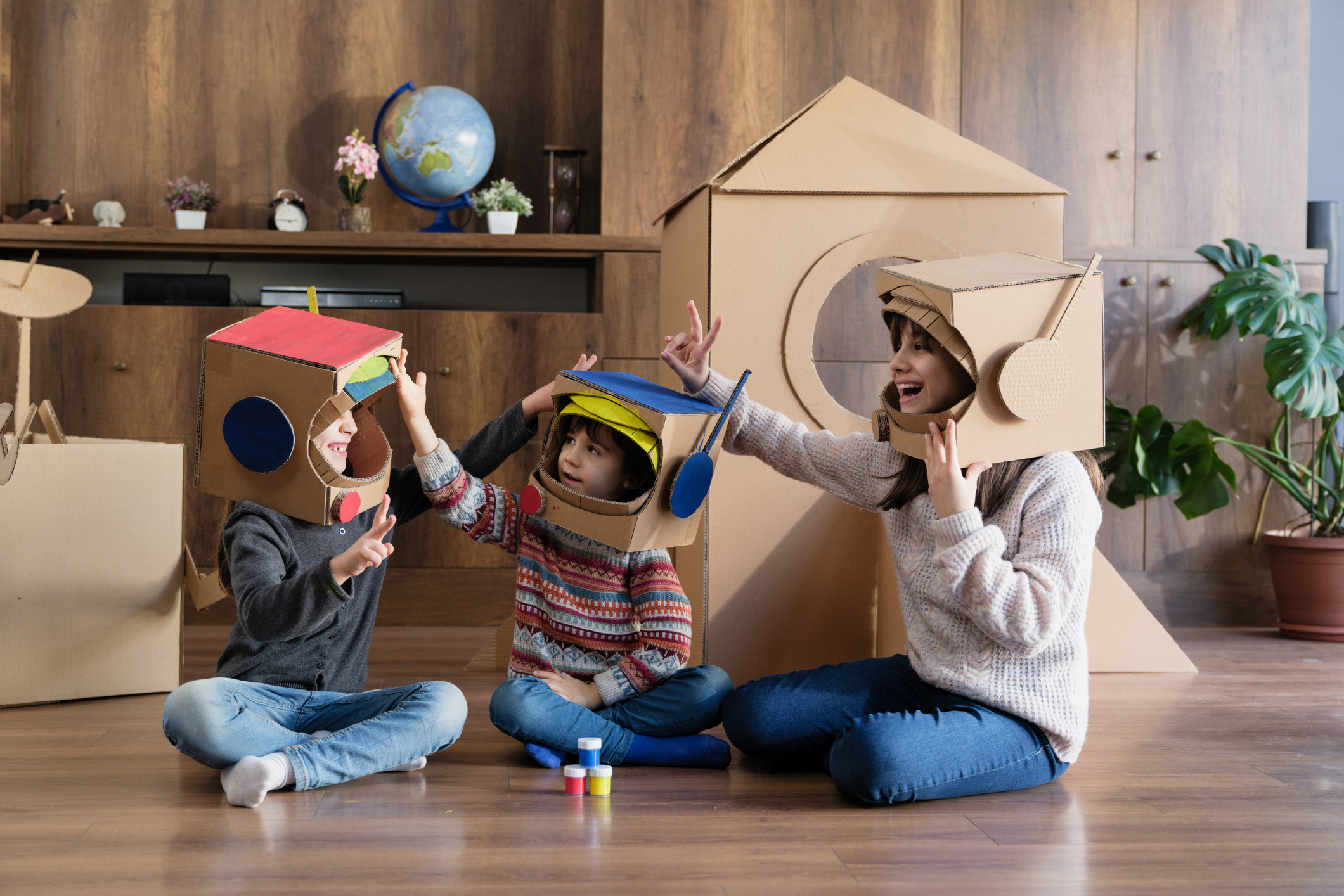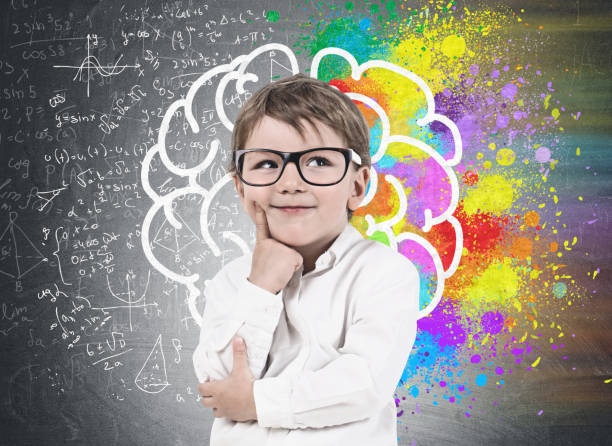Report reveals that play can reduce aggressive behavior in early childhood by up to 40%.

Play, beyond being a source of fun for children, represents a powerful tool for comprehensive development in early childhood. This was revealed by a recent analysis by the Colombian social enterprise aeioTU, which calculated that play experiences can reduce aggressive behavior in boys and girls by up to 40 percent, while significantly increasing their cognitive, emotional, and social capacities.
The study, based on data from more than 680,000 children who participated in aeioTU programs during 2024, and complemented by research from organizations such as the World Bank and UNICEF, concludes that play is one of the most important pillars for the learning, comprehensive development, and well-being of children in their early years.

The report highlights that play should also be seen as a critical component of learning. Photo: iStock
"Recognizing play as a key element of comprehensive childhood development is fundamental. We may not recognize it easily, but complex, high-level skills such as creativity, critical thinking, and problem-solving, which are essential for individuals in society, are built from childhood through play," explains Victoria Arciniegas, executive director of aeioTU.
The report also highlights that playful experiences should not be understood solely as entertainment, but as a critical component of learning processes.
According to the findings, play can increase the development of socio-emotional and cognitive skills by up to 30 percent , improve academic performance in adolescence, and strengthen skills such as attention, self-control, and creativity.

The game should flow naturally. Photo: iStock
In this sense, the organization identifies at least five types of play that are key to comprehensive development in early childhood:
- Physical play: develops psychomotor skills and strengthens social interaction.
- Playing with objects: stimulates logical thinking and language.
- Symbolic play: contributes to phonological awareness, a skill that allows children to recognize and use the sounds of spoken language.
- Simulation: enhances memory and creativity.
- Games with rules: promote school adaptation and strengthen math skills.
The analysis also highlights that Colombia has a solid public policy regarding play. Law 1804 of 2016, known as "From Zero to Always," establishes that children develop their potential, capacities, and skills through play, art, literature, and environmental exploration. However, challenges persist in areas such as equitable access, teacher training, and community appropriation of play as a strategy that supports learning.
While countries like Chile and Uruguay have made progress in systematic mechanisms for measuring the quality of early childhood play, the report reveals that Colombia is still working to strengthen systems that allow for systematic measurement of its impact and quality in diverse contexts.

The environment in which children grow up plays a fundamental role. Photo: iStock
It's worth mentioning that Colombia was the only Spanish-speaking Latin American country to win an international award for excellence in a play-based learning educational model. This was achieved through aeioTU, which in 2022 was recognized with the LEGO Prize for its outstanding contribution to learning.
This model is based on play as a fundamental tool for the comprehensive development of children, strengthening cognitive, socio-emotional, and creative skills throughout the different stages of growth. Unlike other methodologies, this approach offers an active learning environment where children have the opportunity to experiment, explore, and create spontaneously, fostering curiosity and promoting critical thinking from the earliest years of life.
“Play is not an optional or secondary activity, but rather an investment in equity, well-being, and the future,” Arciniegas emphasizes. Therefore, the organization calls on families, educators, communities, and decision-makers to protect the time, space, and resources necessary to allow children to play freely, with sensible support and meaningful materials.
eltiempo





